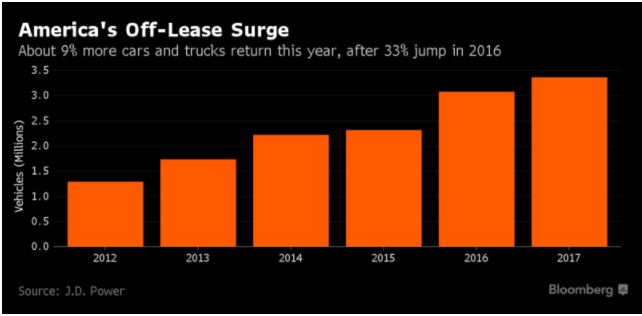GetOffYourGas
Well-known member
oilerlord said:Do you believe it's environmentally sound to churning out as many new cars as possible? If so, You're missing the point. Remember the environmental three "R's"? Reduce, Reuse, Recycle. While I'd agree that person that returns their leased car is "recycling" the car, they are shifting the responsibility to Reduce & Reuse to someone else. As individuals, wouldn't it be better to commit to the three R's on our own, instead of relying on someone else to bail us out on the other two?
I agree that it would be better not to "rely on someone else to bail us out", but in reality a leasor can almost count on just that with his/her lease return. These cars are not junked. They are not crushed. They are sold to another owner, even if the sale is at a loss to the leasing company.
FYI, what you are describing here is Reuse, not Recycling. Reuse is taking a perfectly good, functioning car, and continuing to use it as a car under someone else's ownership. Recycling is breaking down that car into its raw materials and building something new with those materials instead of virgin materials.
For example, you can extract pretty much all of the Lithium from a spent EV battery and use it to build a new battery. That is recycling. Or you can take a degraded battery and put it to use in a stationary application - like backup for intermittent renewables. That is reuse.














